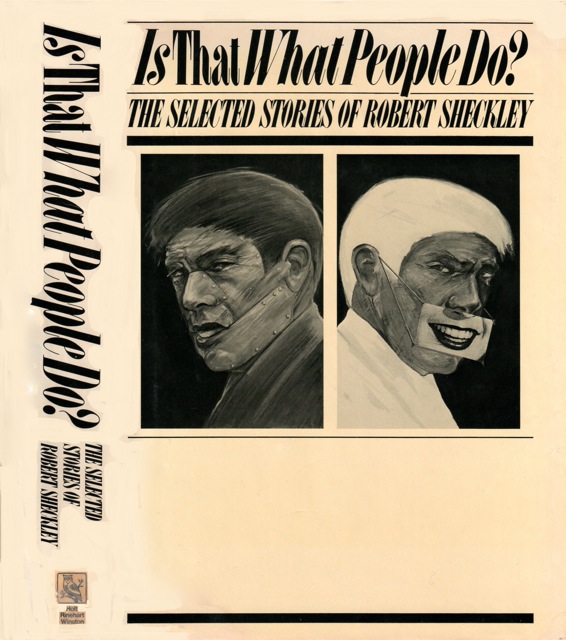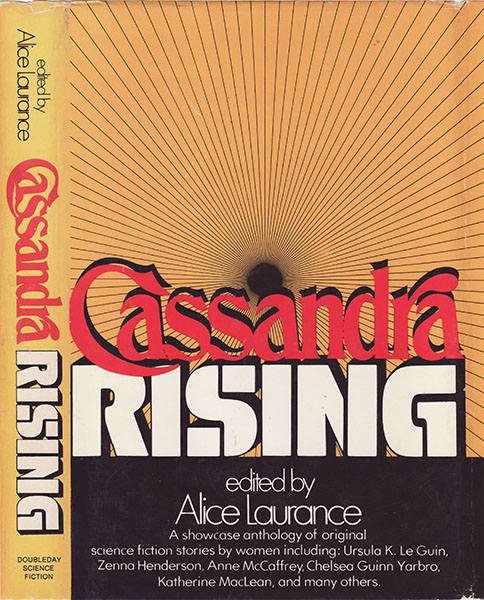Eric Reynolds, as a writer, has been published in Galaxy's Edge, Sci Phi Journal, Starship Sofa, and various anthologies. He has published Arthur C. Clarke, Lavie Tidhar, Nisi Shawl, Elizabeth Bear, K. D. Wentworth. Michael Burstein, Rudy Rucker, Stephen Baxter, Tery Bisson, G. David Nordley, Tobias Buckell, Frank Wu, Jay Lake, James Van Pelt, Eric Choi among others. But he's published anthologies of writers who are a complete unknown--at least to me.
Reynolds's writing is not far from his own personality. Simple, sweet, clear, straight forward. Here's a taste from early in the story:
During the fourth week of school, lockers and the lingering scent of freshly painted walls greeted civics teacher George Fielding as he walked the long, echoing hallway. He stopped outside Principal Holt's office when Violette emerged and handed a string-clasped envelope. He peeked inside to find Suffrage leaflets and other printed materials.
Violette looked around the hallway. "It arrived today from The Kansas Equal Suffrage Association," she whispered.
He thanked her and continued to his classroom where several students stood laughing next to the open door. They looked away when he approached. Upon entering the classroom, some students tried to suppress their snickering. Their glances toward the blackboard revealed what amused them.
George saw a caricature of himself wearing a dress while holding a sign that said, "Women Vote."
He smiled and turned to the class. "I see some of you are interested in Women's Suffrage, and I commend the artist for making more handsome than I actually am, but that dress should persuade you not to pursue a career in fashion design."
The narrator voice of the story melds perfectly with its era. At first, being from a different era, my brain's knee-jerk reaction was to question the novel's overall tone, but then I realized that it fit well. In fact, it's a bit annoying when writers try to make the past sound like the present. Reynolds's voice captures a slice of the past and brings it to us, more than a century later.
Reynolds relates the story of not just the vote in Kansas but across the fruited plains. The characters march to Washington and get thrown in jail under difficult circumstances, fueled by determination and will through protests and hunger strikes. His characters, particularly the women, are strong and well drawn. The quiet scenes were some of his strongest.
More variety, particularly among the men, might have been preferable. I met men, not from that era but immediately following the one Reynolds describes, and I still recall a gentleman joking that my grandmother thought women shouldn't have the right to vote. I turned to her, but she didn't respond, which sheds a lot of light on how people felt and behaved toward this era. There could have been a range of motivations for either party--from being totally true to totally untrue and a million subtleties between. He was clearly amused while my grandmother suppressed any response. Neither had been born during the movement, yet here it still impacted their conversation, decades later. For me, this showed more variations in character than what one might think from a casual glance.
Like a lot of other writers, writers meet writers in the course of writing. It's a small world. I edited a small journal, Mythic Circle, which required a theme of myth. He wrote a small tale set in space where myth was featured. I liked it but requested revisions. He obliged. I showed it to the lead editor and professor, Gwenyth Hood, who also liked it, and we published it.
It may have been Eric's first publication. He may have told me that, years later, to my surprise. Possibly I am mistaken. But it was solid work if memory serves. I wouldn't have published it had I thought otherwise.
I didn't publish everyone. I had a writer of some note whose work I've praised in public. But none of the things he submitted quite fit. He was a little irked by that. I was a little surprised, too, that I hadn't, but I think if he'd have sent ten works, I'd have found one that felt right. Not unlike Picasso, he was going through a period--a style not so much to my liking.
Eric and I may have met in an online workshop, later at a convention by chance. He and his wife and kids made for an attractive family. This photo is a more recent one. He had more and darker hair back then.
Eric, later, started his own press, publishing original anthologies of speculative fiction, and in a few of these, published stories of mine, so full disclosure.
Also full disclosure: I have a relationship with you all as well. So I try to direct the people who might be drawn to Eric's work and steer away those who would not. You have enough information to see which you are.
Eric Reynolds has published two other historical novels: The Lost Town of Garrison (a time-travel novel) and The Legend of Mulberry School (a paranormal novel).



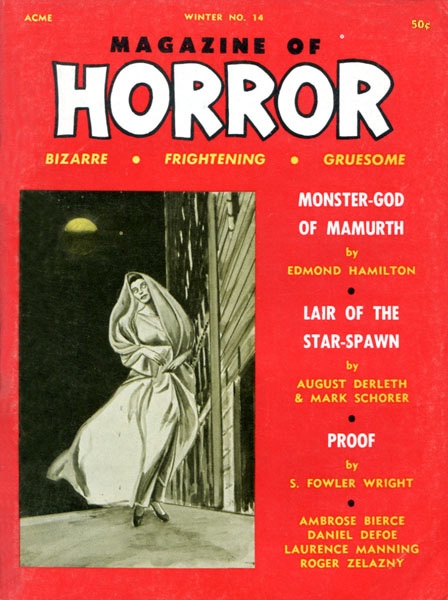
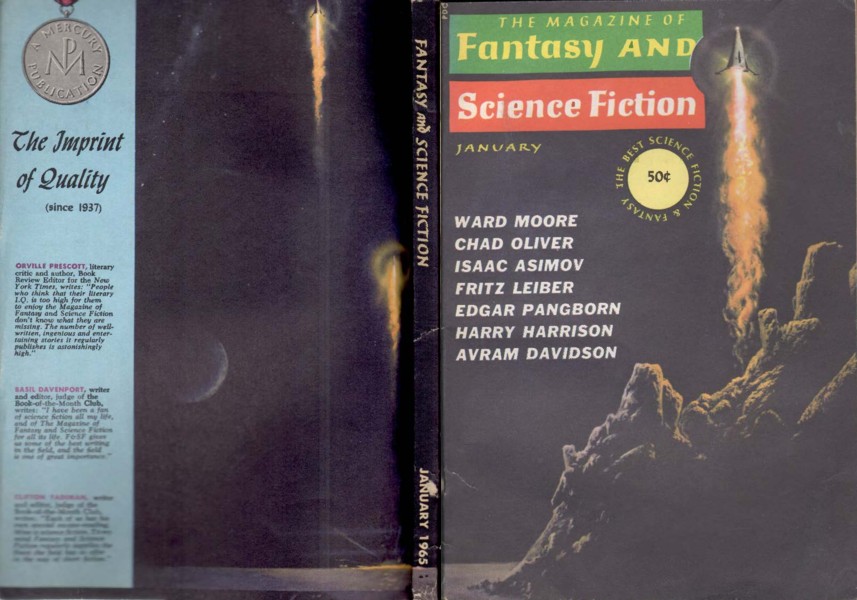

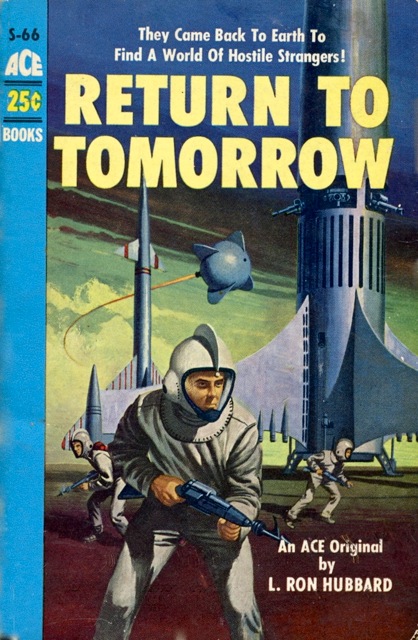
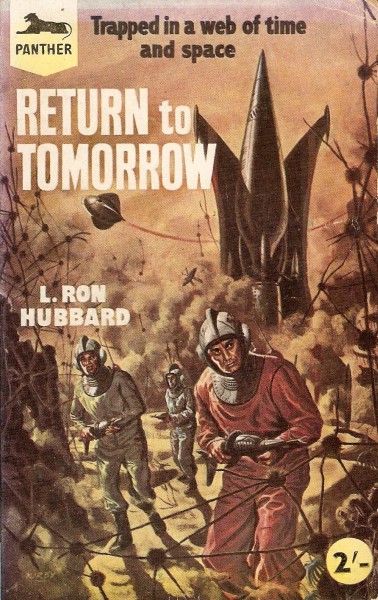


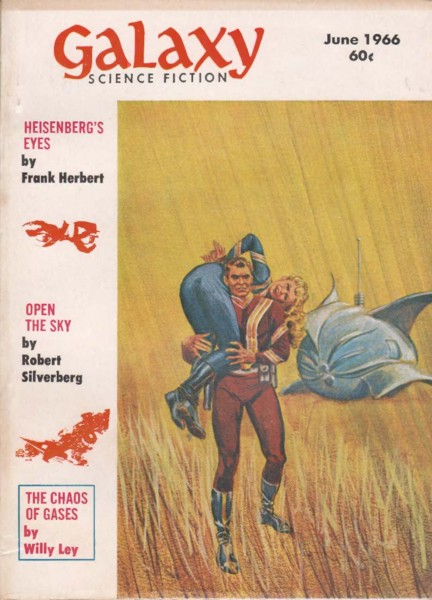
![Bruce McAllister [Editor] – EDGE Autumn/Winter 1973 – Science Fiction - Picture 1 of 13](https://i.ebayimg.com/images/g/HYwAAOSwTuBlVyQr/s-l500.webp)
